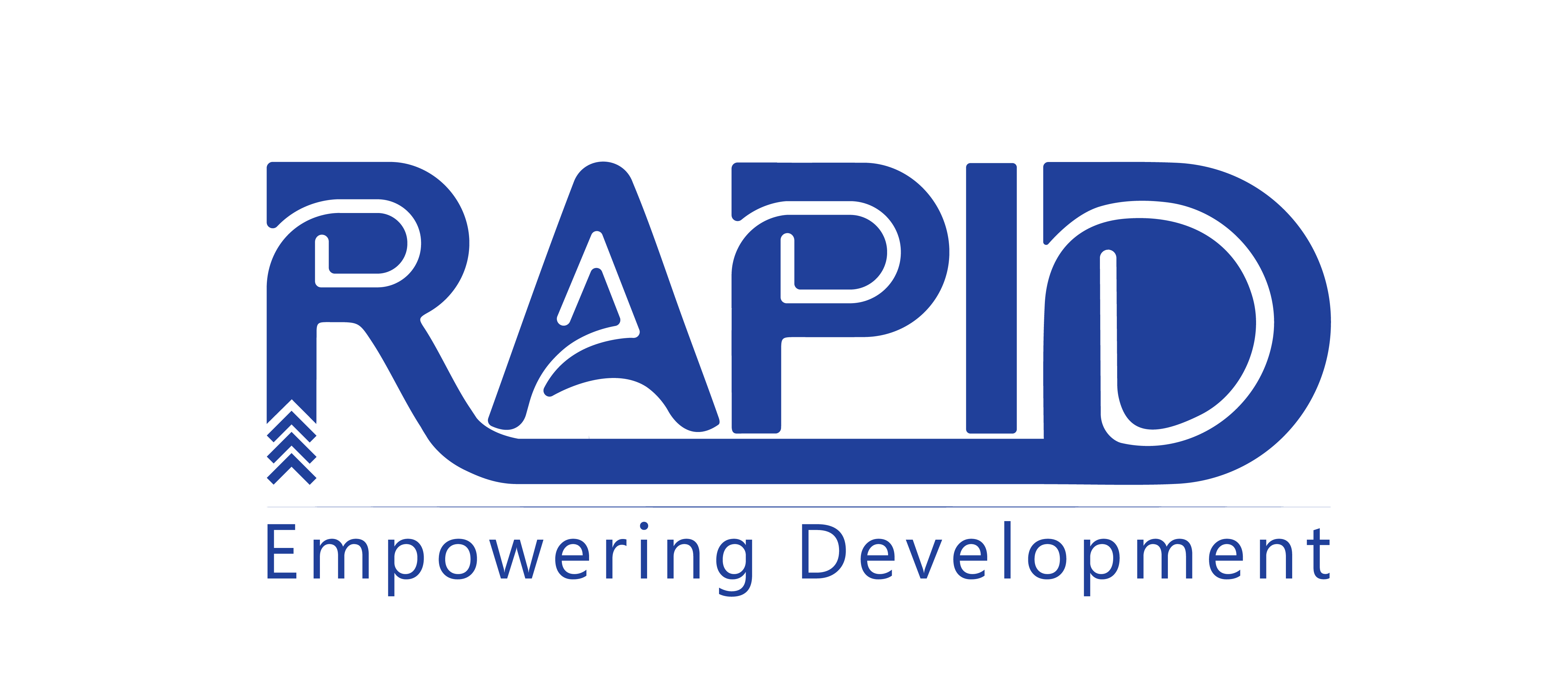Shedding Nightlight on Economic Development in Bangladesh
Abstract:
Using satellite-based nightlight data, this article attempts to study the relationship between economic development and energy consumption in Bangladesh. The findings confirm a substantial increase in nightlight intensity between 2011 and 2022, as expected, considering the impressive economic growth of the country over the past decade and reflecting the progression of electrification and economic activities, particularly in urban centres. However, it also uncovers pronounced regional disparities in nightlight intensity, indicating a widely uneven distribution of economic development and energy consumption across districts. These disparities highlight the concentration of economic activities in a few regions, alongside a nationwide trend towards increased energy usage and urbanisation. This policy brief posits that nightlight data can potentially serve as a good proxy for economic activity and thus a useful tool for policymakers. The recommendations call for enhanced investment in power generation and a strategic focus on addressing regional disparities, to foster more balanced and inclusive economic growth. By integrating nightlight intensity data into the policy formulation process, the paper underscores the potential for more targeted and effective development strategies, aiming to ensure equitable access to the benefits of economic progress and energy consumption.

